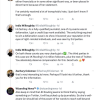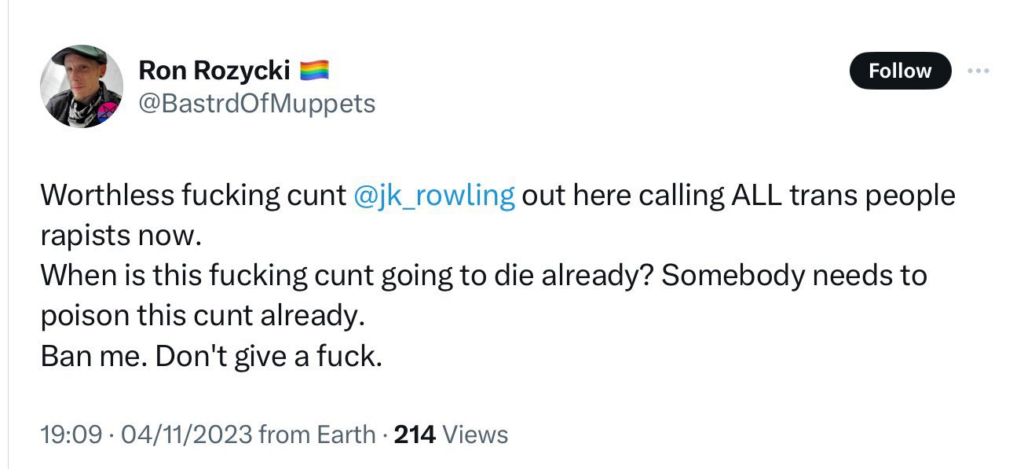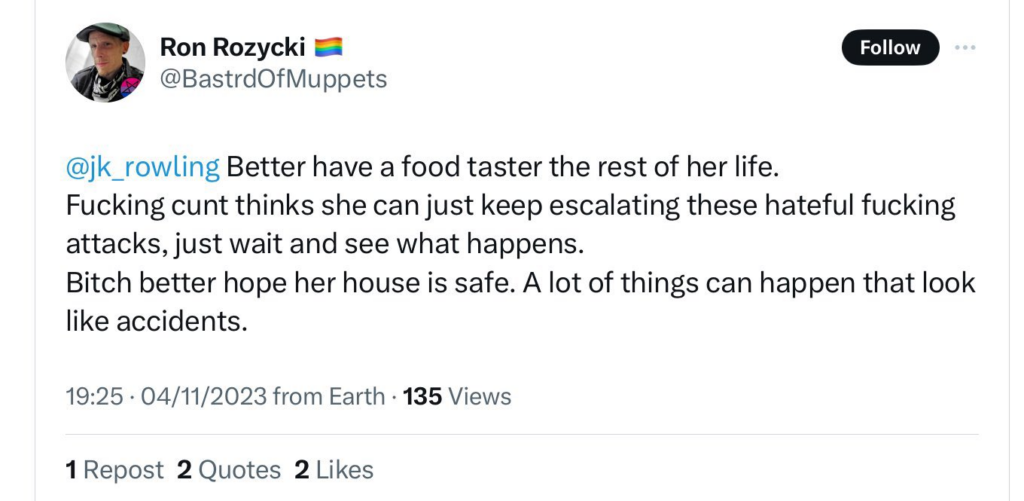Originally a comment by Der Durchwanderer on Anne Frank wasn’t diverse enough.
This is the second time this specific article has crossed my radar in the last twenty-four hours, whereas none of my normal German sources have even mentioned it, which I think is somewhat telling. Let me trawl for an actual German article…ahh, yes, a bunch of highly-motivated right-of-centre rags…some respectable publications…no highly-motivated left-of-centre rags…
Ahh, there we are, something actually readable and vaguely objective that isn’t publicly-financed (which is nearly unnecessary to qualify, as publicly-financed media in Germany are often barely readable and quite rarely objective).
Firstly, let’s clarify a few points of confusion or misconceptions. “Kindergarten”, though it is a German word, means something different in Germany than it does to Anglophones — namely, it is a daycare centre for young children (from three years on) which can (but not must) serve as a sort of pre-school for its older wards, and is usually only open to lunchtime or early afternoon. This story doesn’t involve a Kindergarten, however, but rather a Kita (short for Kinderstätte), which takes children for the whole day and theoretically has no lower age limit and is even less likely to have a heavy emphasis on pedagogy (though it also can for its older wards). In East Germany there are relatively few Kindergärten and many more Kinderstätten, and while the difference may seem academic and opaque to foreigners, they are not the same thing. In short, the institution in question is much more like a daycare than a pre-school or the first cohort of a public school.
And the AfD, while admittedly stronger in East Germany and undeniably a right-wing nationalist party, are neither Nazis nor at all relevant to this discussion; the mayor of the town is an independent, and while he doubtless does not wish to anger AfD voters (or at least not attract their attention away from their anger at the Federal Republic), there is absolutely no evidence that he or his council have based their decisions with respect to the daycare upon the AfD or its voters in any way. And the new proposed name, Weltentdecker, translates to “world explorer”; this is hardly a name designed to appease a right-wing nationalist. In point of fact, according to Wikipedia, the AfD received just under 12 percent of the vote and only got 3 out of the 28 seats in the council. We can effectively rule out pleasing the AfD as a motivation for this change.
In further point of fact, the quotes about anti-Semitism growing “among the Far Right” and the implication that the AfD is dangerously antisemitic are doing a lot of work here; the AfD has Jewish wings in its federal and several state parties, though of course these are not uncontroversial in the broader Jewish community in Germany. But, as this is entirely a red herring to the current discussion, it bears no further investigation or exposition here.
To the point of the article, the proposed name change is just one of several progressive reforms to supposedly “modernise” the daycare, which has apparently been in progress for the last 14 months. Other reforms include no longer grouping the children by age and allowing children to follow their own interests and desires rather than having a more uniform, strictly-regimented day.
The mayor writes in an address to the town (probably as a result of the outcry):
Weit vor den aktuellen Diskussionen und Ereignissen ist bereits Anfang 2023 auch die Diskussion aufgekommen, diese grundlegende Konzeptionsänderung durch einen anderen Namen der Einrichtung auch nach außen hin sichtbar zu machen, um diesen fundamentalen Neuanfang sichtbar zu markieren
which translates to
Far removed from the current discussions and events, we have already been discussing since the beginning of 2023 how to make this foundational conceptual change externally apparent through changing the name of the facility, in order to visibly mark this fundamental new beginning
which is a fine example of a German politician covering his arse, but does put paid to the idea that the name change is in response to the recent flare-up of the interminable Levantine brawl. In fact, the Hamas attack has likely drawn far more attention and enhanced the outcry, including getting national reporters in England to sensationalise local news in East Germany.
It is unlikely the name will be changed at this point, but I am not sure what difference that will make in the long run. There is a narrative worth exploring here, of Germany’s continuing evolution and its reconstitution through migration, and what the ethnic Germans of yesterday and today owe the increasingly-non-ethnic-Germans of today and tomorrow (and vice-versa). In some of these Kitas in the major cities, the share of non-ethnic-German children can exceed 80 percent, and there are precious few where this proportion is far below 50; if this continues, there will be a demographic shift in this country within our lifetimes that is essentially unprecedented in the history of the world.
That cannot but have consequences. If the only parties anticipating and discussing those consequences get called Nazis for doing so, then either only Nazis will do the discussing or the term “Nazi” will so lose its meaning and potency that nobody will care when actual neo-Nazis do actual neo-Nazi shit.
In particular, what do these new peoples who have come to Germany owe to Anne Frank? These peoples, who have virtually no connection to the Holocaust or any other part of German history, who bear no collective guilt for the industrial massacre of European Jews in the middle part of the 20th Century? These peoples who tend to see Germany not so much as a land of opportunity but as a rich lifeboat whose byzantine bureaucracy they must navigate in order to get free accommodations and an allowance without having to (or in many cases even being legally allowed to) work?
These are very important questions with very important answers. And as Germany sacrifices its economy in order to punish Russia’s malfeasance, we are only going to see more and more ethnic Germans asking them, and, should those answers prove unsatisfactory, the next round of questions may be even less to our liking.




